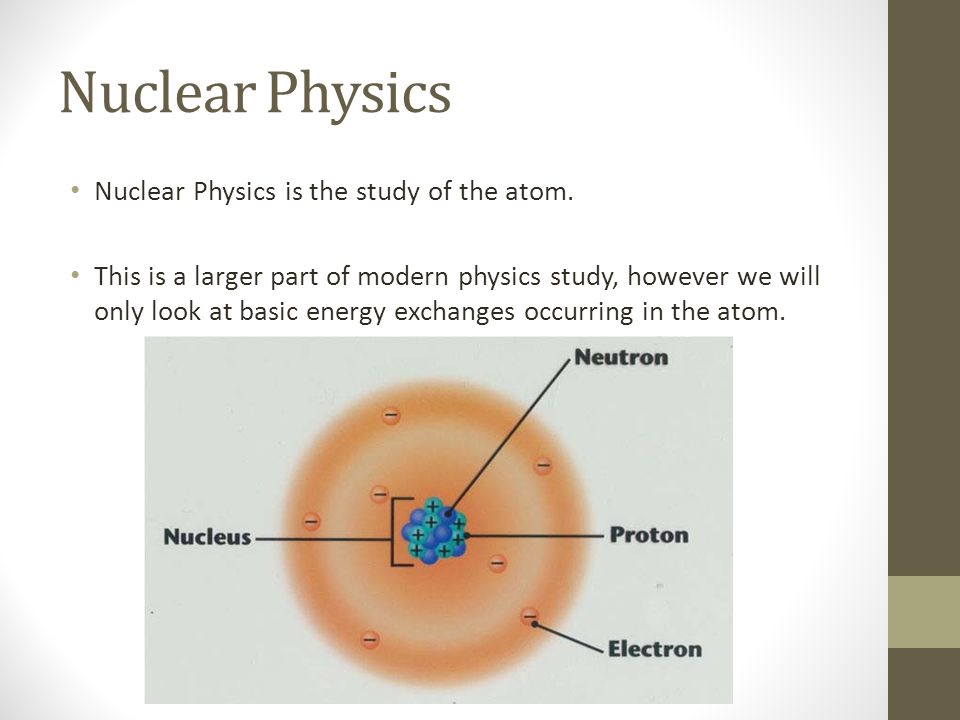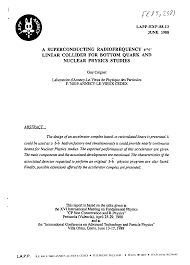What Does a Nuclear Physicist Study?

What does a nuclear physicist do? This career path combines scientific study and analysis of the structure of nuclei. These scientists also work with radioactive particles and analyze neutrino oscillations. To become a nuclear physicist, you need to have a strong interest in these fields and be able to demonstrate a commitment to succeeding in them. In addition, you must have patience, self-confidence, and discipline to be successful in this career.
Physicists study the structure of nuclei
The structures of nuclei are of fundamental interest to physicists. Nuclei have two distinct modes. The first mode is a spherical structure. It is also called a shell mode. The second mode is a non-spherical one. It is the most complex and is studied by physicists. It is divided into three categories: symmetric, asymmetric, and pear-shaped.
The simplest nuclei are light nuclei, which contain up to eight atomic constituents. They are ideal for probing microscopic aspects of nuclear structure. They play key roles in energy production, astrophysics, elementary particle physics, and the study of matter and its origins. These nuclei have a role in most matter found in the visible universe. Its interactions with other matter form the basis of the nuclear physics of the Big Bang.
They analyze neutrino oscillations
The basic physics of neutrino oscillations can be found in coupled harmonic oscillators. Imagine a pair of pendulums connected by a weak spring. You set the first pendulum in motion. Meanwhile, the second pendulum starts at rest but starts swinging under the influence of the weak spring. As the first pendulum loses energy from friction, the second one gradually increases in amplitude.
This pattern is consistent with the fact that the number of events that can be observed is more than double the amount that is predicted by a mathematical model. If a neutrino event is not a fully contained neutrino event, its survival probability must be at a minimum at a given L/En value. The oscillating neutrino should then come back to unity after traveling twice as far.
They work with radioactive particles
The field of nuclear physics is highly interdisciplinary, with many applications in fields as varied as medicine, military science, materials engineering, archaeology, biology, and geology. Some of the major fields of study are listed below:
Nuclear physics is the study of atomic reactions, using equipment such as particle accelerators and nuclear reactors. They use computers and other sophisticated tools to study the interactions between atoms and radioactivity. These workers work in laboratories that are largely government-funded, with the expense of purchasing and maintaining expensive research equipment. Nuclear physicists study the structure of radioactive particles, as well as how they interact with each other.



Leave a Reply